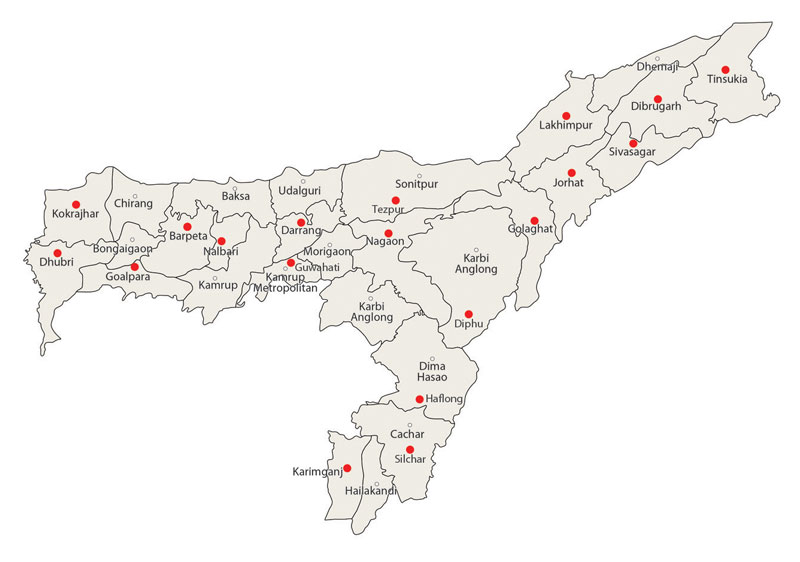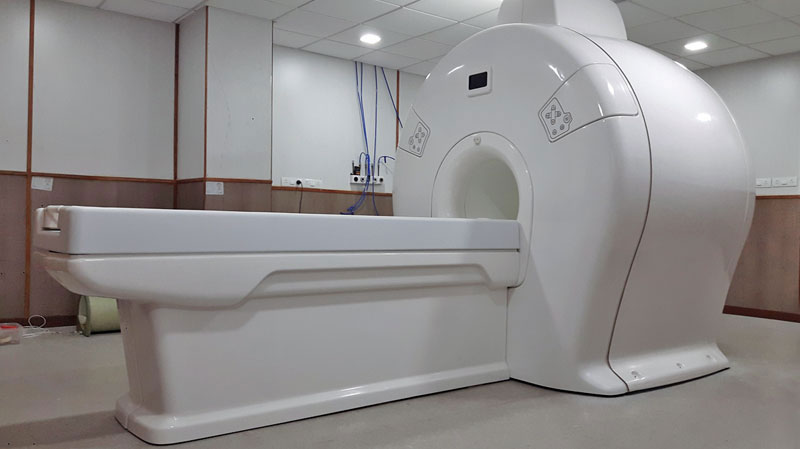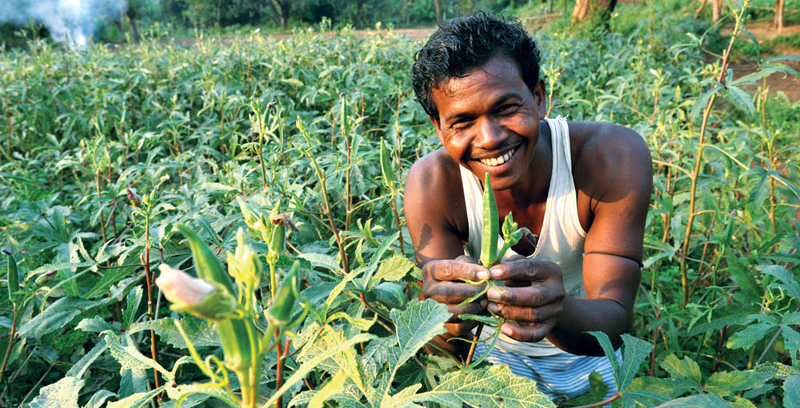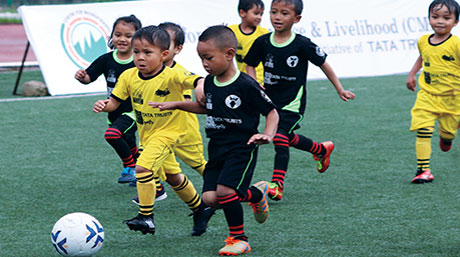News

The Assam government and the Tata Trusts have launched the Assam Cancer Care Foundation to set up 19 cancer care facilities in the state. The cancer network will become operational in April 2019. Of the 19 facilities, 12 will be comprehensive cancer care centres set up on the premises of government medical colleges in the state and 5 will be adjacent to district hospitals.
The network has been designed to ensure that patients do not have to travel far for affordable and high-quality cancer treatment.
The cancer care facilities will be connected by a ‘digital nerve centre’, which will help guide patients so that appropriate referral mechanisms and appointment systems are followed.
The cancer care foundation will implement government programmes for awareness, screening, early detection and palliative care. This will be critical in ensuring that patients come forward for treatment.
The Trusts are talking to the governments of Andhra Pradesh, Odisha and Telangana to establish similar networks in these states. About 100 such centres are expected to come up over the next three years.

The Tata Trusts’ Foundation for Innovation and Social Entrepreneurship (FISE) has developed a portable magnetic resonance imaging (MRI) scanner, a first for the country. The whole-body scanner will help make MRI scans affordable and accessible, and it is much faster than similar machines in the market.
The scanner is compact, lightweight, consumes far less power and can be mounted on a truck for easy transport.
The machine was built inside 24 months by engineers at Voxelgrids, incubated by FISE to promote social innovations.
The first system has been installed at the Bengaluru-based Sri Sathya Sai Institute of Higher Medical Sciences, the clinical partner in the development.

Following Pune, Jamshedpur and Surat, five more Indian cities — Ahmedabad, Bhopal, Bhubaneswar, Chennai and Vijayawada — have joined the ‘City Data for India’ initiative, launched by the Tata Trusts in 2016 in association with PricewaterhouseCoopers, India, and the World Council on City Data.
The initiative will contribute in improving urban planning, infrastructure investment and day-to-day operations management by empowering city leaders, decision-makers and citizens to make data-informed decisions.
The objective is to create a culture of data-driven decision-making in order to foster better accountability, transparency and governance, and to engage citizens in their city’s well-being.
The value of city-centric data is especially important in India, where the urban population is projected to grow from 410 million in 2014 to 800 million by 2050, placing enormous demands on cities and governments.
Ola, India’s leading ride-share company, has launched the ‘My Ride. My Cause.’ initiative on its mobile app platform to crowdsource funds for cancer care. Ola has rolled out this unique, national-level initiative through a partnership with the Tata Trusts’ Alamelu Charitable Foundation.
Ola’s mobile app connects users in more than 110 Indian cities with some 1 million driver-partners across cabs, auto-rickshaws and taxis. As a part of this initiative, Ola customers will have the option to contribute one rupee per ride, money that will go towards improving cancer care in the country.
There is a huge burden of cancer in India. The lack of infrastructure, human resources and prevention programmes aggravates the situation. The contributions raised by Ola customers will help make cancer care affordable and available in rural and remote areas of India.

Tel Aviv University and the Tata Trusts are launching the Indian Centre for Agri & Allied Tech to bring Israeli know-how and innovation to farmers in Andhra Pradesh.
The initiative, supported by the state government, will include an advanced research centre. The programme will be extended across India down the line. The programme has five main components.
- Corporations and research institutes in Israel will adapt existing technologies and develop new solutions for Indian agriculture.
- The R&D hub will test the solutions under local conditions.
- A network of satellite farms will conduct additional experiments.
- Farmers will test the technologies in their own fields.
- And business models will be developed to support the project.
The Tata Trusts have launched a state-of-the-art Centre of Excellence for Football in Aizawl, Mizoram, to provide world-class training to young footballers from Northeast India. The first batch of 25 student athletes, aged 12-14 years, has been handpicked following a meticulous scouting exercise conducted across the states of Mizoram, Manipur, Nagaland, Meghalaya and Assam.
The Centre offers quality coaching, infrastructure, education, residential facilities, and a sustainable progression structure through training and competitive participation. The Centre has a training ground, top-notch recovery equipment and a fully equipped physiotherapy room. The Tata Trusts have collaborated with the Mizoram government, the Mizoram Football Association and others to get the Centre up and running.
The Centre is one component of ‘the Tata Trusts-Sarva Shiksha Abhiyan grassroots football development programme’, which aims to identify children with an interest in football and provide them with a platform to develop their talent.
The Trusts and their partners have set up 60 grassroots academies across six districts of Mizoram for kids in the 6-14 age group.

The Tata Trusts have joined hands with the Meghalaya Football Association and the All India Football Federation to launch the Meghalaya Baby League (MBL).
The league comprises 12 teams of children in the 4-13 age group and it is expected to be a boon for budding football talent in the state.
MBL aims to give children regular exposure to competitive football over a period of six months in order to develop their game, instill confidence and eventually create a base of trained football players.
The Office of the Commissioner of Police, Mumbai, the Mumbai Police Foundation and the Tata Trusts have come together to conserve and archive historic police records, and to plan for the first police museum in India.
One of the main objectives of the newly registered Mumbai Police Foundation is to restore artefacts and equipment of historical value.
Mumbai city’s police force came into being in 1864. The archive and museum project will help build awareness about the rich history of the force.
